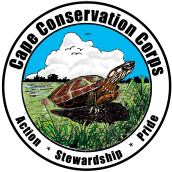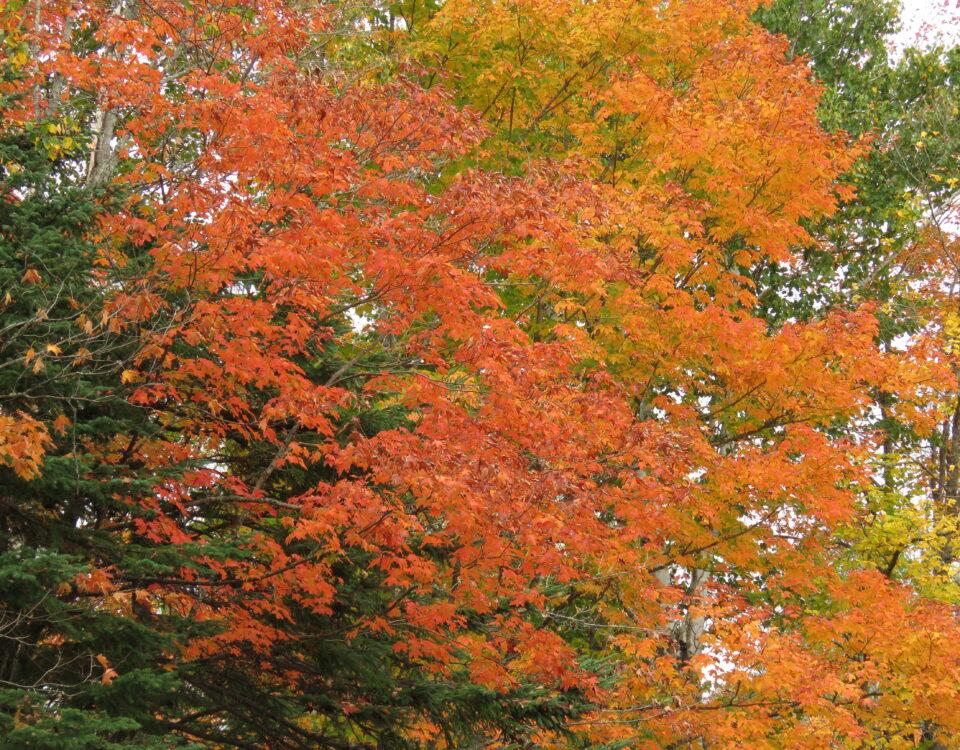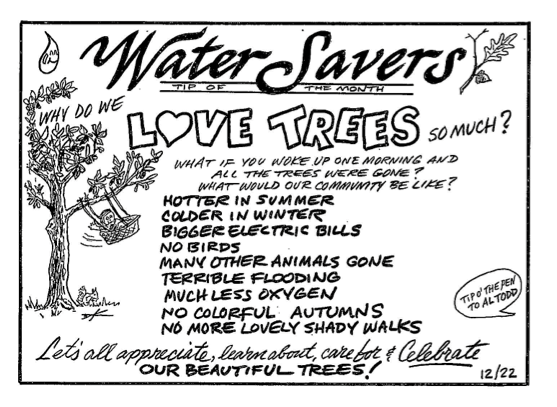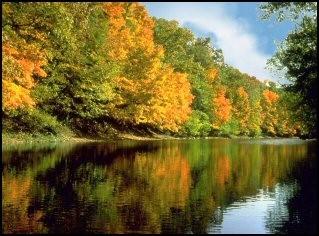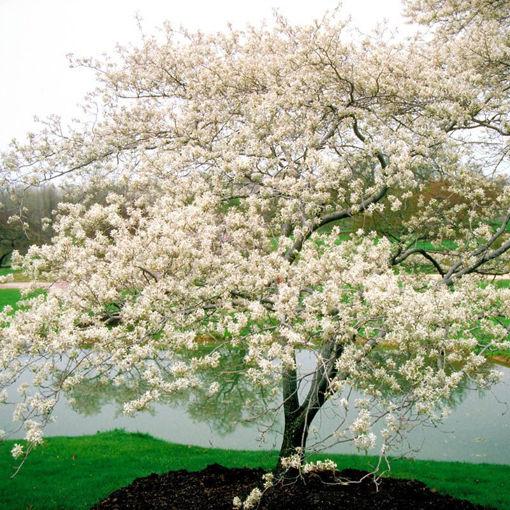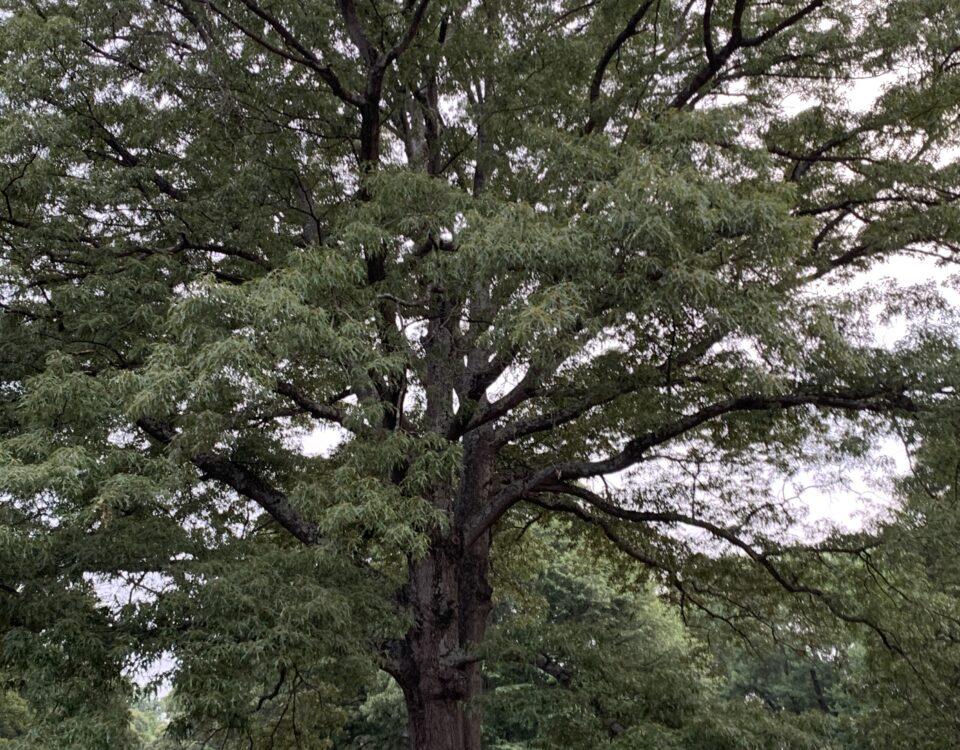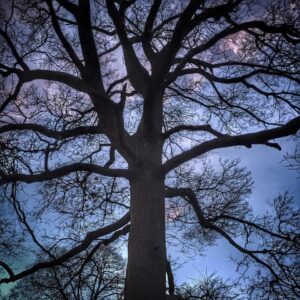 Sometimes a great story tree is also a champion. This 3’+ diameter 70’+ tall Dawn Redwood is one of a kind In the Cape and probably on the Broadneck peninsula. Longtime Cape resident Marie Dunmeyer planted this tree in her yard 50 years ago. She purchased the seedling when it was only a few feet tall at Evergreen Nursery for $30 in 1972. It was the most expensive plant she ever bought. Marie bought the tree because she had become intrigued by the story of the rediscovery of the dawn redwood in China.
Sometimes a great story tree is also a champion. This 3’+ diameter 70’+ tall Dawn Redwood is one of a kind In the Cape and probably on the Broadneck peninsula. Longtime Cape resident Marie Dunmeyer planted this tree in her yard 50 years ago. She purchased the seedling when it was only a few feet tall at Evergreen Nursery for $30 in 1972. It was the most expensive plant she ever bought. Marie bought the tree because she had become intrigued by the story of the rediscovery of the dawn redwood in China.
Long thought to be extinct, the Dawn Redwood (Metasequoia glyptostroboides) was rediscovered deep in a valley in central China in the 1940s. The Arnold Arboretum of Harvard University then distributed seeds across the world, playing a big role in the tree's international conservation. A living fossil, this tree was found in North America until the last ice age! The Dawn Redwood is in the sequoia family and one of only 3 species of redwood in the world. It is a deciduous conifer, which means it is one of a few species of conifer (think pine cones) that sheds its needles in the winter.
Marie is very proud of her tree and how it has grown and thinks that it is a magnificent tree. We totally agree!
Valuing Trees
What if you woke up one morning and all the trees in the Cape were gone! What would our community be like? Hotter in summer, colder in winter, bigger electric bills, no birds, no color in the Fall, no shady walks. Without its trees, the Cape would just no longer be a desirable place to live for many of us. Cape St Claire is very much a community of trees.
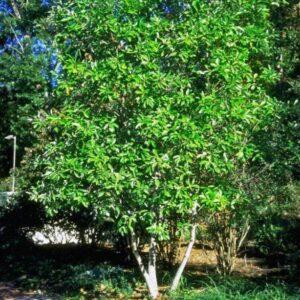 We are blessed with an amazing, abundant, and diverse canopy of beautiful trees. Trees that make our lives better and improve the value of our property. But we often ignore these benefits or just take our trees for granted.
We are blessed with an amazing, abundant, and diverse canopy of beautiful trees. Trees that make our lives better and improve the value of our property. But we often ignore these benefits or just take our trees for granted.
On some level, most people appreciate trees and forests but underestimate their value. Trees and forests are much more than just a nice backdrop for a walk, a picnic or a scenic view. Trees are also at work every day, cleaning the air, cleaning our water, influencing our climate, protecting our soil and streams and improving our health.
The health of the Chesapeake Bay is also tied in part, to our trees and forests. Numerous scientific studies show that as trees are removed, the ability of a watershed to function properly also declines. About 57% of the Chesapeake Bay watershed is currently forested. Unfortunately, we are losing forests at a rate of nearly 100 acres each day. If we were tearing down a water treatment plant to build a shopping center, we’d be asking, ”who’s going to replace that” or ”how is the water going to be filtered now”? But trees are removed often with no accounting for how the services they provide will be replaced!
The Cape Conservation Corps wants to help our community learn about, grow to appreciate, care for, and celebrate our incredible trees. What would you like to know? We want to hear from you.
If you want to contact us, or share your thoughts, email [email protected]
Our Cape Loves Trees Articles:
More trees please and leave the leaves !
By: Robert Corletta As we enjoy this incredible fall weather I am reminded of the gift that is the perfect autumn day. We are so fortunate […]The Champion Trees of Cape St. Claire Update December 2023
Throughout 2023, CCC has been on the lookout for BIG trees/. We have asked residents to nominate big trees and many have responded, we have driven […]The Value of Trees
By Al Todd On some level, most people appreciate trees and forests. Whether a massive poplar, a dogwood in bloom, a maple in the fall, or […]The Right Tree in the Right Place
By Rob Corletta “The best time to plant a tree was 20 years ago, the next best time is today.” We love our trees in the […]Champion Trees of Cape St Claire
Big trees catch your eye. Like the dinosaurs, big trees are now some of the largest living things on our planet. That is also true in […]
